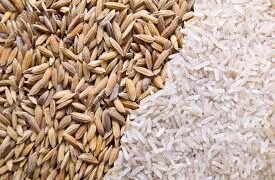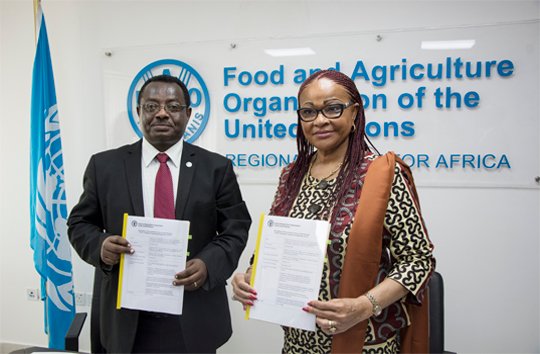The United Nations’ agricultural arm, Food and Agriculture Organization (FAO) and the African Union Commission has disclosed that more trades in the agricultural sector between African nations can push sustainable development and consequently improve the transformation of food systems in the continent.
FAO and African Union’s Department of Agriculture, Rural Development, Blue Economy and Sustainable Development (AUC-DARBE) announced a framework to improving intra-African agricultural trades under the new African Continental Free Trade Area Agreement (AfCFTA).
The above framework is a roadmap for enhancing agro-allied trades among African nations and will orchestrate the emergence of hidden potentials within the agricultural sector to contribute to the realization of the UN’s Sustainable Development Goals (SDG) in Africa.
The Assistant DG and Regional Rep for Africa, FAO, Abebe Haile-Gabriel, the AU Commissioner, Josefa Sacko, and the AfCFTA Secretary-General, Wamkele Mene, jointly stated in the publication’s foreword, “The framework provides a timely catalyst for the transformation to more efficient, inclusive, resilient and sustainable agri-food systems, sustainable development and prosperity in Africa.
“A key priority is the pursuit of industrial transformation policies and programmes that support the private sector to add value to African exports, compete with imports from outside Africa and expand opportunities for job creation.”
The statement has it that, “Africa is a net food-importing region of commodities such as cereals, meat, dairy products, fats, oils and sugar, importing about $80bn worth of agricultural and food products annually,” the FAO reports.
“A small share of Africa’s total agricultural trade is with other African countries. Intra-African agricultural trade is estimated to be less than 20 per cent,” the foreword said.
Analyzing the statement from both organizations, the Punch went on to say, “the framework would help policymakers and the private sector to develop strategies, policies and programmes to promote intra-African agricultural trade and the development of agricultural value chains, so that stakeholders, including farmers, small and medium agri-businesses, women and youth, could reap the benefits of the AfCFTA single market.
“They said action areas included trade policy, trade facilitation, productive capacity, trade-related infrastructure, trade finance, factor market integration and cross-cutting issues including the strengthening of trade and market information systems.
“They noted that African countries had undertaken commitments to remove tariffs on 90 per cent of over 5,000 tariff lines and to liberalize services.
“It is estimated that tariff liberalization in the transition phase could generate welfare gains of up to $16.1bn, and growth in intra-African total merchandise trade of 33 per cent, up from 15 per cent, according to the statement,” the publication concluded in its online publication.
Azuka Edokobi is a Writer , a Farmer, a Supply Chain Expert and an Entrepreneur






















































